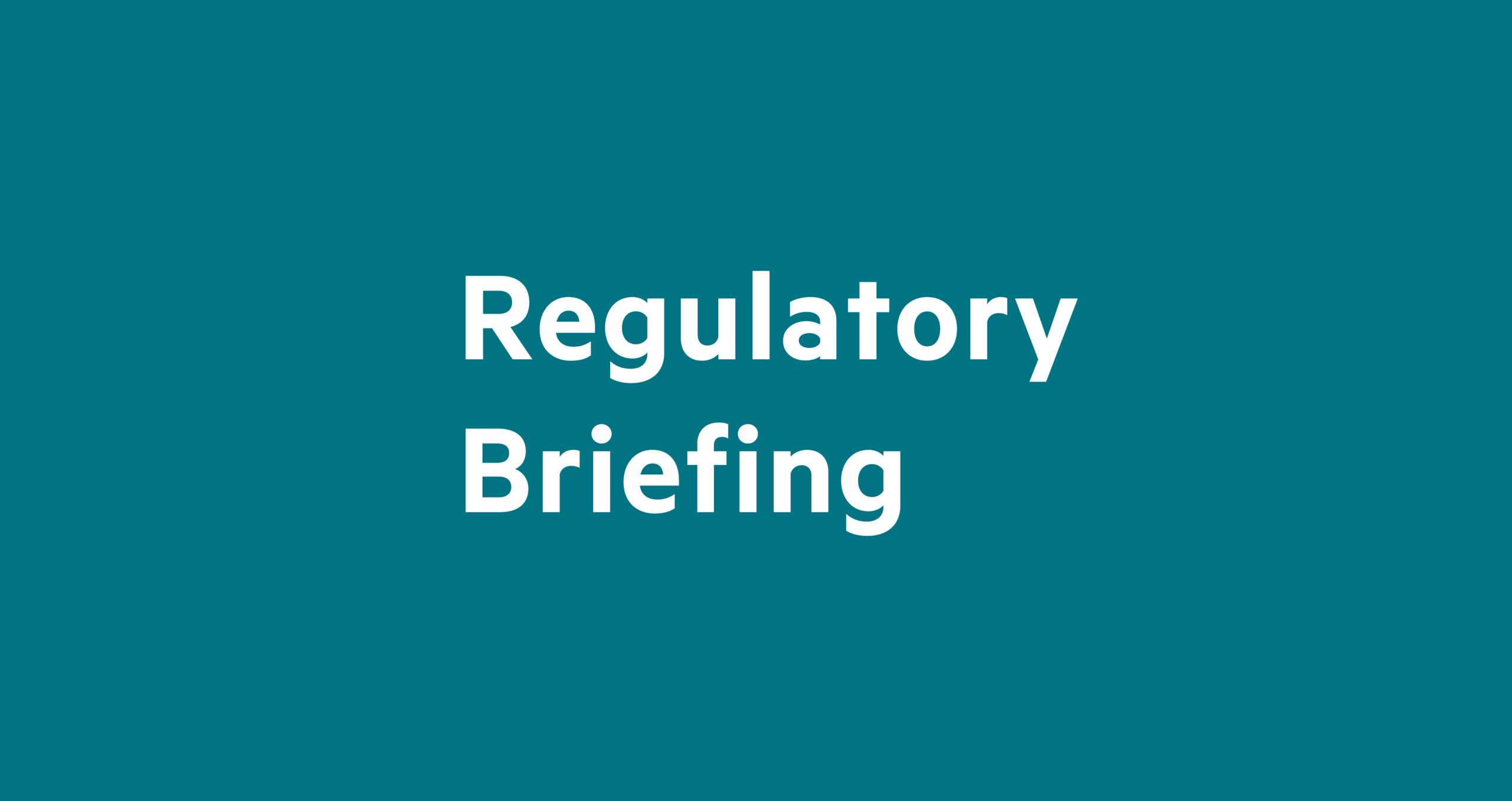
Regulatory Briefing: ECB warns about Scope 3 data gaps, energy performance rules

The European Central Bank has warned that a lack of data about Scope 3 emissions – the greenhouse gas emissions made not by banks directly but through the investment they support – is among the factors limiting the value of its recent stress-test exercise.
A trial stress test, based on the hypothetical scenario of a severe drought and heatwave hitting the continent in January 2022, found that EU banks would have faced credit and market losses upwards of €70bn. However, the ECB said in its 2022 climate risk stress-test report, this estimate “significantly understates the actual risk”.
Eurozone banks are ill-equipped to measure the risks and underestimate the losses they are likely to suffer, concluded the exercise, which involved 41 of the biggest banks in the bloc.
The ECB said many of the institutions involved lacked data, had insufficient internal models, and the exercise only covered a third of their total balance sheet exposures. Specifically, it said, the “lack of harmonised legislation on energy performance certificates and on the disclosure of greenhouse gas emissions, in particular Scope 3 emissions, hampered banks’ ability to collect hard data”.
Scope 3, or value-chain emissions, include all indirect emissions that are not owned or controlled by a company.
Banks’ view on Scope 3. In a research note, HSBC wrote that Scope 3 emissions are “the largest piece in the net zero jigsaw”. It said: “Scope 3 emissions often contribute the largest part of corporate-related emissions. However, corporates often neglect Scope 3 for various reasons, such as complex accounting methodologies, the absence of direct influence or control, and loose regulations – resulting in a lower disclosure rate than for Scope 1 and 2 emissions. This may leave investors in the dark about a company’s true exposure to climate risks.”
In addition to the ECB including Scope 3, or “financed emissions”, in its climate stress tests, regulators in the US, the EU and New Zealand are proposing mandatory Scope 3 emissions disclosure from listed companies. “Regulators are taking an interest in monitoring Scope 3 emissions by implementing mandatory disclosures and target setting,” said the research note. “We expect to see more Scope 3-related regulations and policies in the coming years.”
A company can set its own Scope 3 reporting boundary based on principles of relevance, completeness, accuracy, consistency and transparency, noted HSBC. However, this flexibility makes comparison across companies difficult, as the emissions profile can vary wildly, even within sectors.
“There is a widespread perception that companies omit Scope 3 categories that are likely to be significant to their business – but the reasons for omissions are not transparent,” HSBC said.
Its view is that higher Scope 3 emissions might bring higher transition risks in the future, which could impact asset values and operating costs if not acknowledged and addressed, and said: “We think investors should ask for more Scope 3 disclosures, as well as scrutinise these disclosures to a higher degree.”
Similar Articles

Finance gains traction in plastics treaty negotiations

Pressure mounts on California’s Gavin Newsom to fund climate legislation


